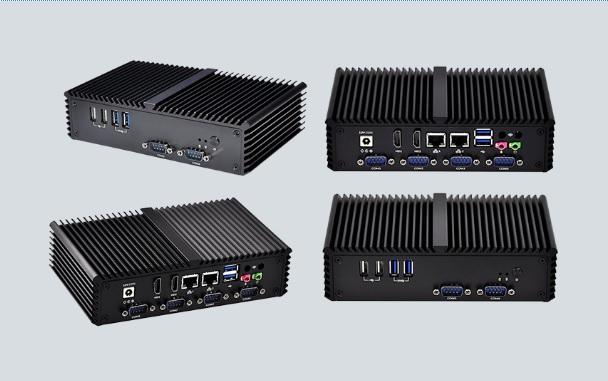The Role of Information Kiosks in Modern Environments: Enhancing Engagement and Efficiency
In
today’s fast-paced world, information kiosks have become an essential tool in
public spaces, retail, healthcare, hospitality, and beyond. These self-service stations
not only streamline customer interactions but also provide a seamless way to
share relevant information and manage tasks. As we embrace digital
transformation, information kiosks offer an efficient, accessible, and
user-friendly way for people to engage with technology.
What is an Information Kiosk?
An
information kiosk is a digital, interactive display that allows users to access
information, complete transactions, or connect with services quickly and
independently. Often positioned in high-traffic areas, kiosks come equipped
with touch screens, multimedia capabilities, and sometimes even scanners or
printers. From directory assistance in shopping malls to check-in kiosks at
airports, these devices have transformed how we interact with services and
spaces.
Benefits of Information Kiosks
1. Enhanced Customer Experience
Information
kiosks provide instant access to answers, directions, and service options. They
eliminate long wait times by allowing users to handle inquiries on their own,
improving satisfaction and convenience.
2. Increased Efficiency
By
automating routine tasks, information kiosks free up staff to focus on more
complex issues, making operations smoother and more cost-effective.
3. Real-Time Updates
Connected
to a network, these kiosks provide real-time data. Businesses and organizations
can easily update information, announcements, or services, ensuring that users
receive the most accurate and current data.
4. 24/7 Accessibility
Information
kiosks can operate around the clock, allowing users to access services and
information at their convenience without relying on staffed hours.
Types
of Information Kiosks and Their Applications
1. Wayfinding Kiosks
Found
in large spaces like malls, campuses, and airports, these kiosks help users
navigate and find specific locations. Some are even equipped with interactive
maps and voice-guided assistance.
2. Self-Service Check-in Kiosks
Common
in healthcare facilities and hotels, these kiosks streamline the check-in
process. They reduce queues and allow users to complete transactions
independently.
3. Retail Kiosks
These
are often used for self-checkouts, product information, and price checks. Some
retail kiosks offer virtual shopping assistance and allow users to order items
not currently in stock.
4. Government and Utility Kiosks
Many
government offices use kiosks for applications, renewals, and bill payments.
This technology minimizes paperwork and enhances the accessibility of public
services.
5. Interactive Information Centers
Found
in museums, parks, and tourist attractions, these kiosks provide educational
content, event information, and exhibit details to enrich the visitor
experience.
The Future of Information Kiosks
With
advancements in AI and machine learning, kiosks are becoming smarter and more
intuitive. Integrating AI chatbots, voice recognition, and multilingual support
allows kiosks to provide more personalized and inclusive services. In the
future, we may see more kiosks equipped with biometric security and augmented
reality (AR) features, enhancing both security and user engagement.



Comments